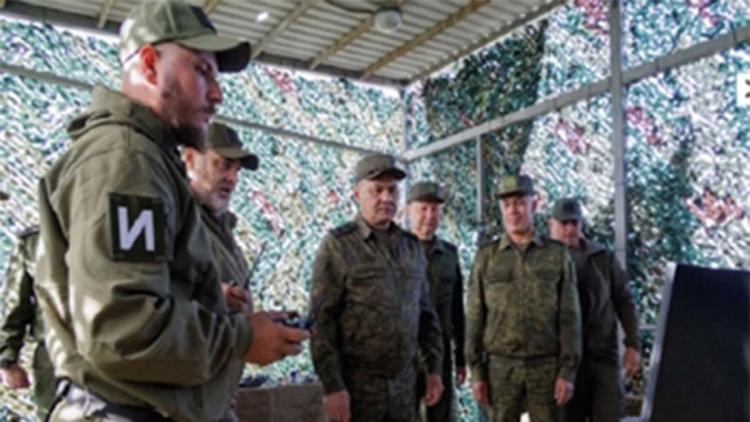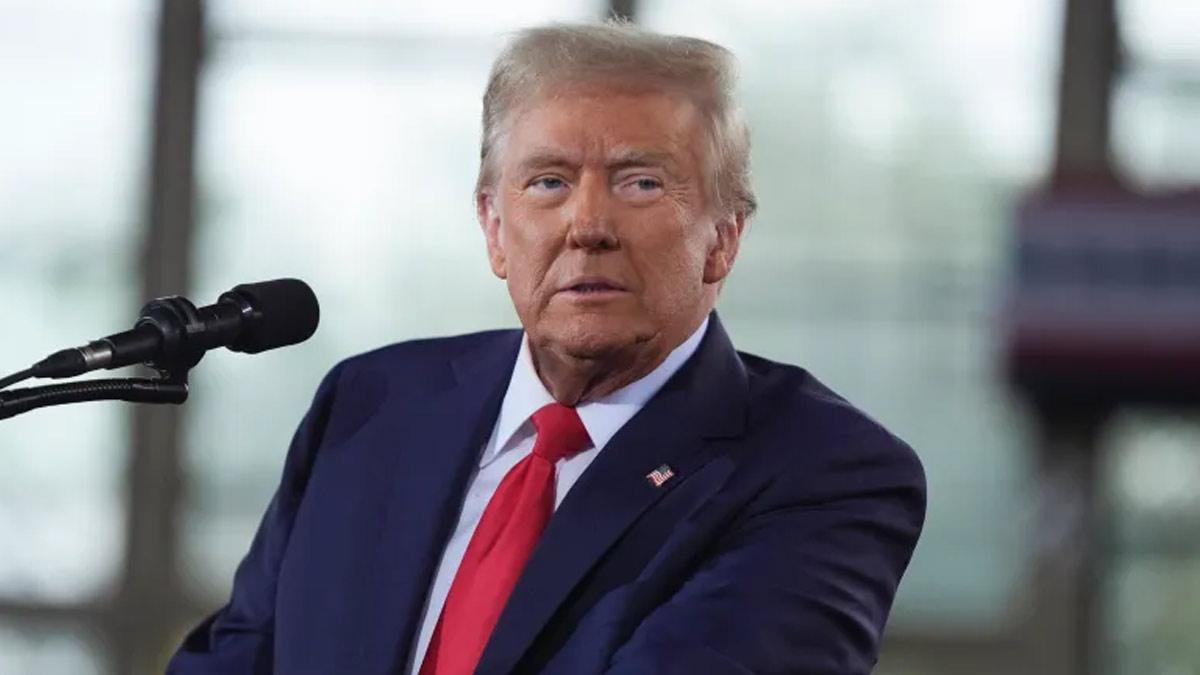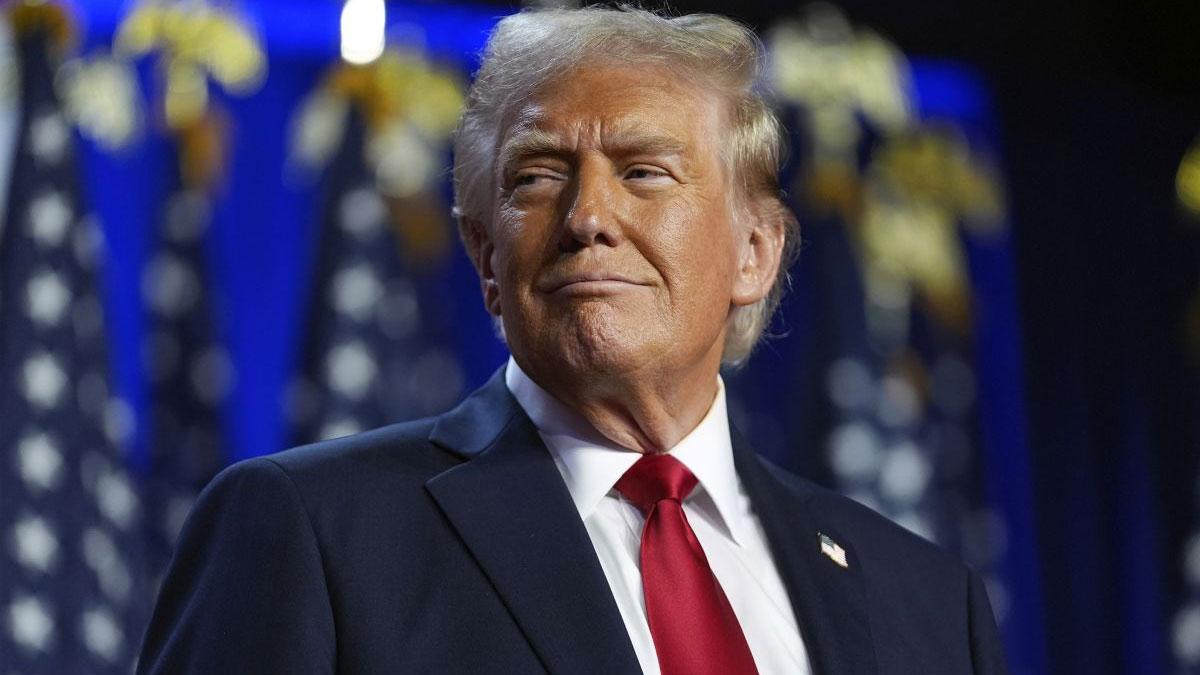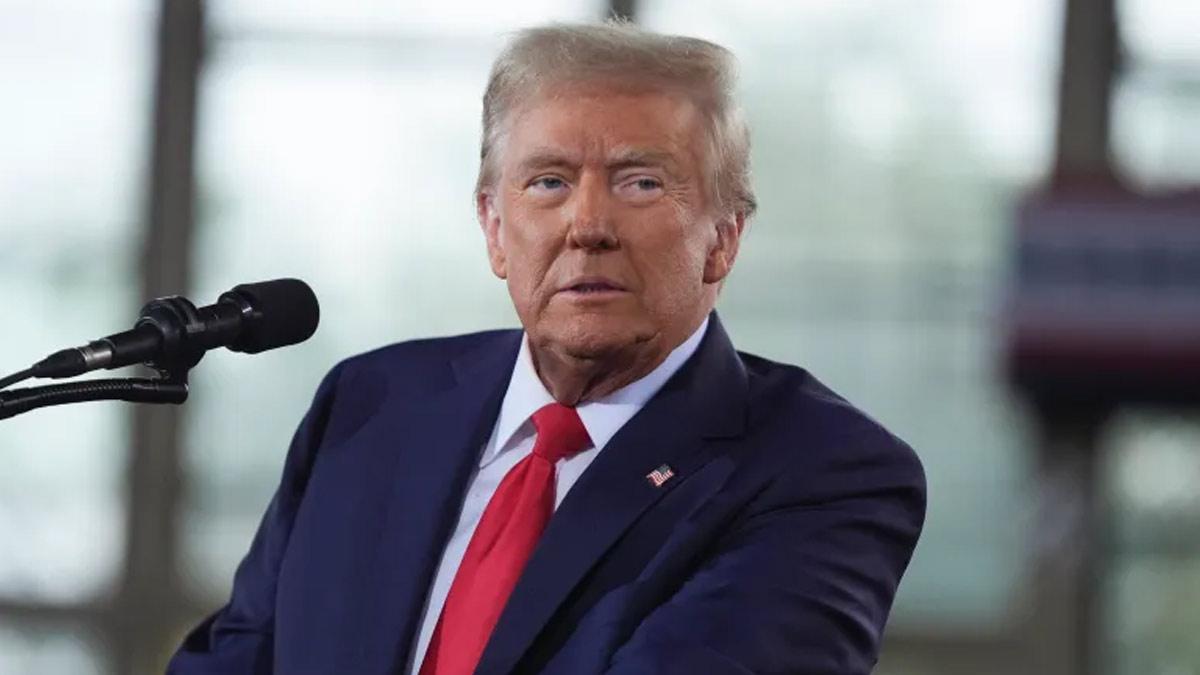Two years since Russia's incursion into Ukraine, Western efforts to cripple Russia through sanctions and military aid to Kiev have backfired. Despite setbacks like PMC chief Evgeny Prigozhin's mutiny, Russia remains resilient. Sanctions have not inflicted the anticipated damage, as Russia shifted exports to Asia, particularly China and India. Diplomatically, Russia isn't isolated, retaining influence in organizations like BRICS and the SCO. Putin's recent visits to the UAE and Saudi Arabia underscore global engagement. The West faces internal divisions, with Ukraine's counter-offensive faltering and Europe grappling with rising costs and depleted weapon stockpiles. Political shifts in EU members like Hungary and Slovakia further complicate unity. Meanwhile, attention and resources diverted to the Gaza conflict weaken the West's stance. Russia's strategic advantage is acknowledged, increasing the likelihood of achieving its goals in Ukraine and reshaping European security by 2024.
Key Points
1. Russia, after facing Western sanctions and support for Ukraine, has not suffered the expected comprehensive defeat, with Moscow holding strong on military, political, and economic fronts.
2. Despite challenges, Russia has navigated the sanctions reasonably well, redirecting crude exports to Asia and maintaining diplomatic relevance through groups like BRICS and the SCO.
3. Western businesses exiting Russia have not significantly impacted Moscow's economy, and the common citizens' sentiments may not favor their return.
4. Diplomatically, Russia is not isolated, participating in international discussions, as evidenced by Putin's visits to the UAE and Saudi Arabia.
5. The Wall Street Journal acknowledges Russia's advantage in military, political, and economic aspects, signaling a shift in Western media perspectives.
6. Russia's historical resilience is evident in its ability to hold the line in Ukraine, even after overrunning significant territories, including a land bridge to Crimea.
7. Ukraine's counter-offensive has faced setbacks, and internal blame games have begun among politicians and soldiers, raising concerns about President Zelensky's standing.
8. European Union members face challenges, including rising costs due to their own sanctions, depleting weapons stockpiles, and internal rifts over measures against Russia.
9. Right-wing, populist parties gaining power in European countries, with leanings towards Russia, add complexity to the EU's stance on the conflict.
10. The Biden administration's support for Ukraine is hampered by political considerations, potential Republican opposition, and competing priorities, while the war in Gaza diverts attention and resources from the Ukrainian situation. Russia's chances of achieving its goals are rising as 2024 approaches.
(With Agency Inputs)
Read also| Russia Includes Meta Spokesperson on Its Criminal Wanted List
Read also| US Isolated as It Vetoes UNSC Resolution Urging Immediate Gaza Ceasefire


















